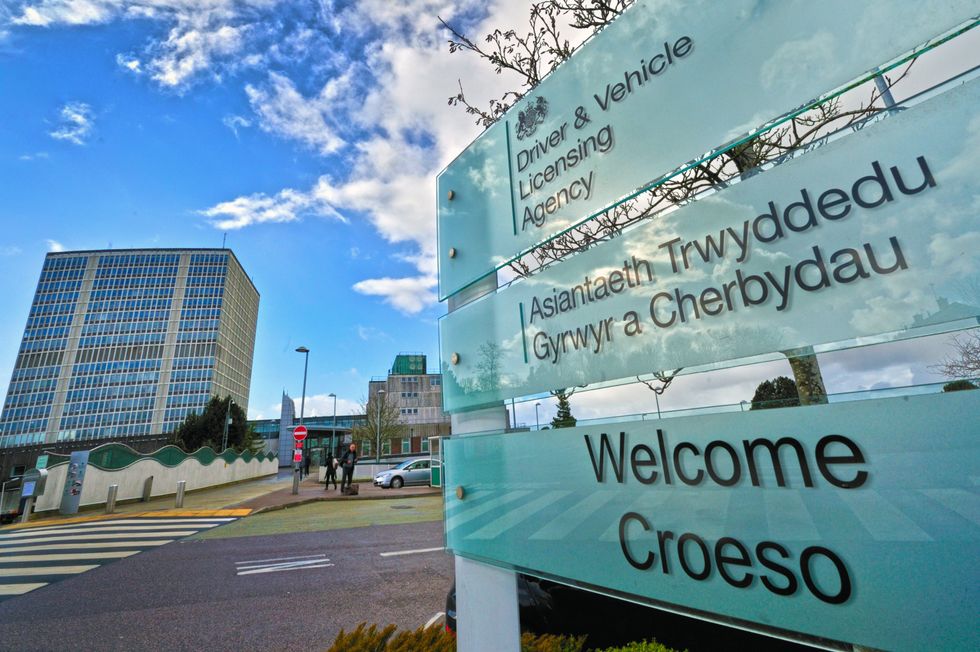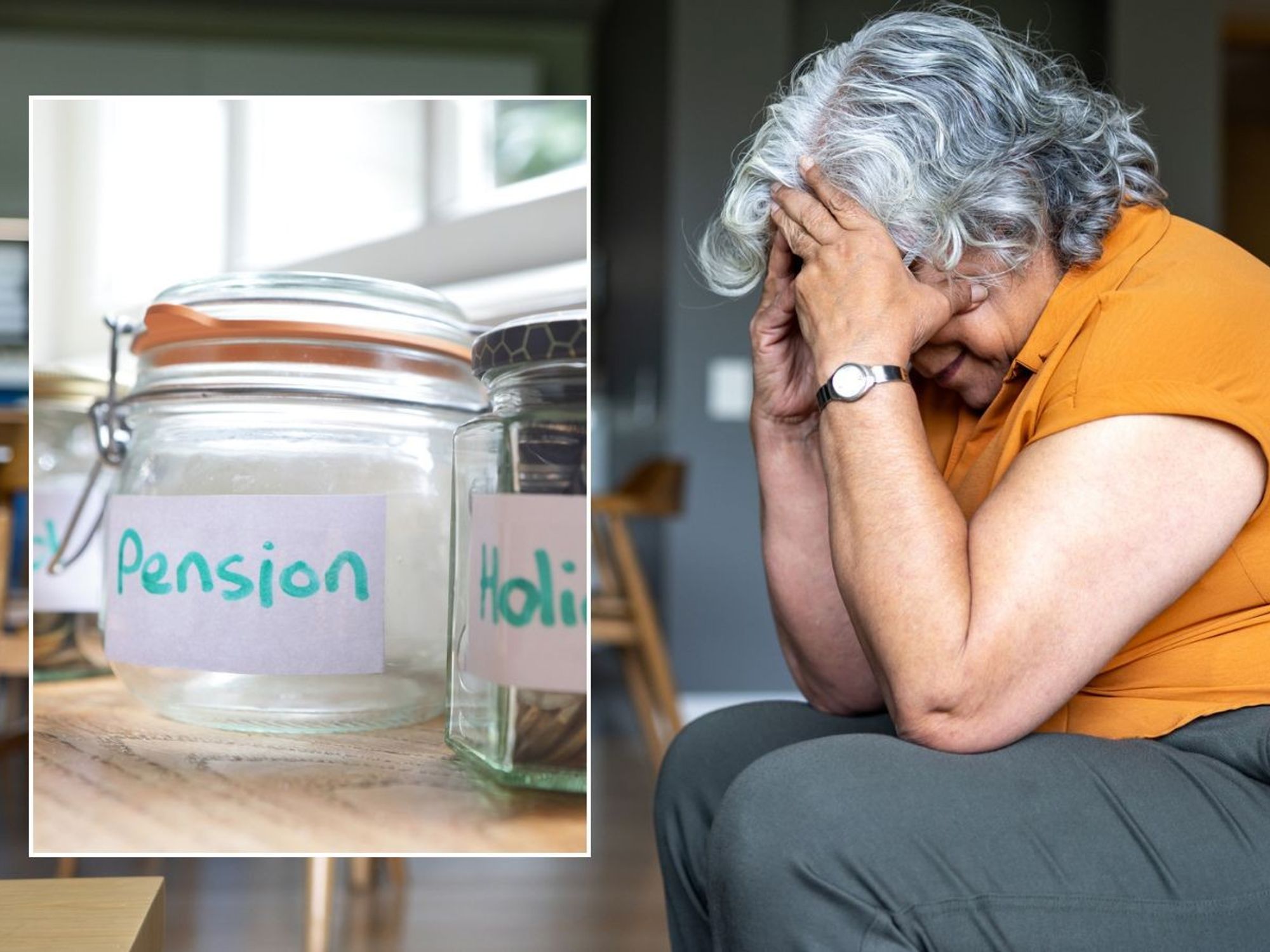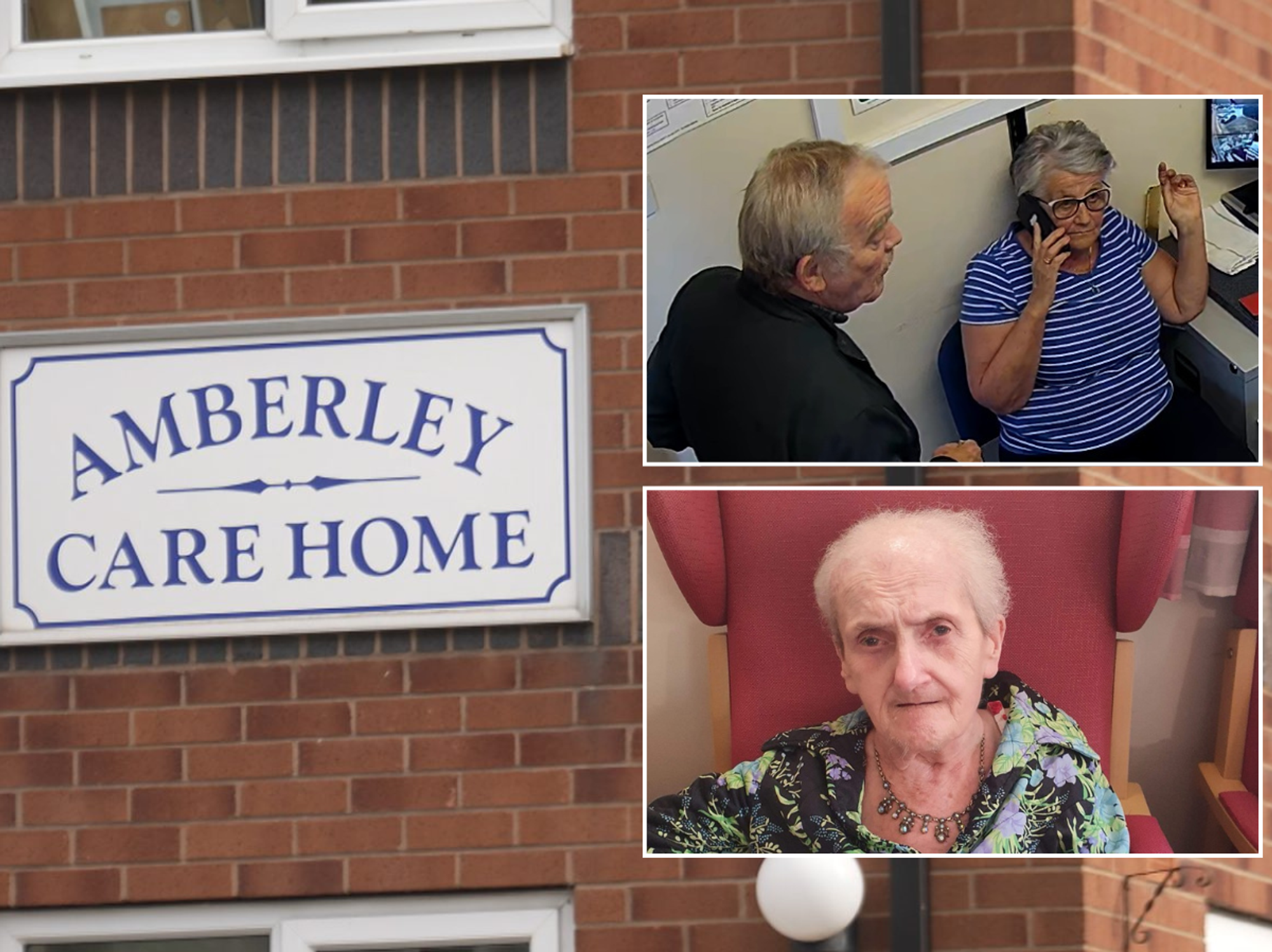DVLA issues sharp warning to drivers with certain medical conditions as millions risk £1,000 fines

Drivers with certain sleep conditions must disclose this to the DVLA
Don't Miss
Most Read
Latest
Motorists with certain medical conditions have been warned they could face potential penalties of up to £1,000 if they fail to notify the DVLA.
The warning arrives after fresh data revealed surging public interest in sleep-related problems, with online searches for "ways to help sleeping" jumping 101 per cent compared to last year.
Vehicle insurance specialists have now highlighted that conditions such as sleep apnoea and narcolepsy require mandatory disclosure to driving authorities.
Beyond financial penalties, motorists risk having their insurance coverage cancelled and could face criminal prosecution if they cause accidents while driving with undeclared sleep disorders.
TRENDING
Stories
Videos
Your Say
The surge in sleep-related searches includes a 96 per cent quarterly rise in queries about "sleep deprivation" and a seven per cent monthly increase in "need help sleeping" searches.
Sleep apnoea disrupts breathing patterns throughout the night, with breathing stopping and starting repeatedly for several seconds at a time, potentially occurring numerous times each hour.
These breathing interruptions force sufferers to wake briefly multiple times, preventing them from achieving the deep and REM sleep stages essential for physical recovery and energy restoration.
The resulting exhaustion creates dangerous situations for motorists, as the condition leads to severe drowsiness that can impair concentration and reaction times behind the wheel.
 Drivers can be banned from UK roads for failing to meet medical standards | GETTY/PA
Drivers can be banned from UK roads for failing to meet medical standards | GETTY/PANarcolepsy presents different but equally serious risks, causing overwhelming tiredness during daylight hours and triggering sudden, involuntary sleep episodes.
The neurological disorder stems from the brain's failure to properly control normal sleep-wake patterns, making sufferers vulnerable to falling asleep unexpectedly while engaged in daily activities, including driving, experts explained.
The DVLA mandates that motorists must report any confirmed moderate to severe obstructive sleep apnoea syndrome accompanied by excessive drowsiness, as well as narcolepsy or cataplexy diagnoses.
Additional sleep disorders causing persistent drowsiness lasting three months or longer, including suspected or confirmed mild sleep apnoea cases, also require notification.

The DVLA requires drivers to disclose certain medical conditions to keep driving on UK roads
| DVLALATEST DEVELOPMENTS:
- Rachel Reeves could introduce 'alternative' taxes at Autumn Budget as drivers give up petrol and diesel cars
- Labour looks to overhaul major driving law for first time in 60 years in 'most far-reaching' move to date
- M6 chaos: Major road collision forces vital motorway to shut as drivers face hours of disruptions
Motor insurance companies require policyholders to meet DVLA compliance standards, meaning undisclosed sleep disorders could render coverage void.
Greg Wilson, CEO and car insurance expert at Quotezone.co.uk, shared: "Sleep-related medical conditions can have serious implications for road safety, so it's vital that drivers follow DVLA guidance.
"If you're diagnosed with a condition that causes excessive sleepiness, you must inform the DVLA before getting behind the wheel."
Under DVLA rules, affected individuals cannot legally drive until they achieve freedom from excessive drowsiness or demonstrate effective symptom management through strict adherence to prescribed treatments.

Drivers with certain medical conditions can be slapped with a £1,000 fine for failing to disclose to the DVLA
| GETTYMeanwhile, Government regulations specify that motorists who neglect to inform the DVLA about medical conditions impacting their driving ability face maximum fines of £1,000.
Criminal prosecution also becomes possible when unreported conditions contribute to road accidents, with authorities taking enforcement action against drivers who endanger public safety through non-disclosure.
Medical professionals can advise patients uncertain about whether their sleep-related symptoms necessitate DVLA notification.
Mr Wilson explained that insurers could treat non-disclosure as grounds for refusing claims: "Your policy could be invalidated or a claim refused if you're involved in an accident linked to the condition."










